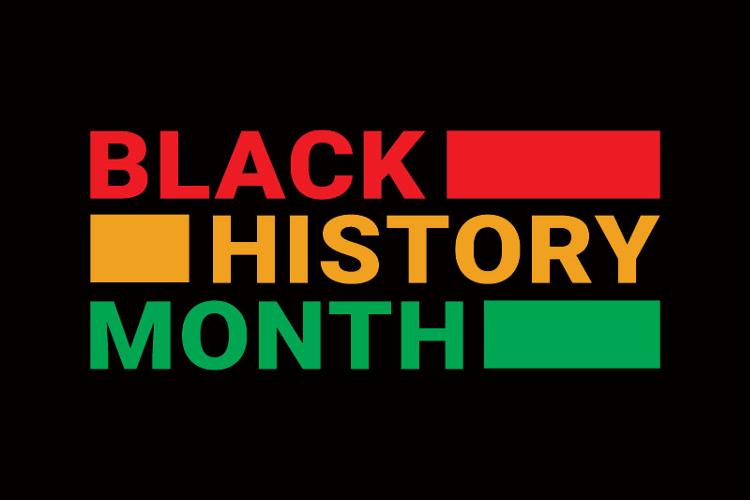Black History month is celebrated every October and was first launched in the October of 1987. It’s an opportunity to celebrate the excellence, achievements and contributions of black people past and present in the UK and across the world. Some people have asked me why we need black history month.
It was envisioned as a way to counter the perceived invisibility of black people and to challenge the negative stereotypes we sometimes face. Its an opportunity not only to celebrate but educate and understand the impact of black heritage and culture and to increase awareness of the continued challenges that communities of colour still face.
I recently spent some time reflecting on my own educational journey and as part of that reflection I realized that throughout primary and secondary years, I had never been taught by, or had a black teacher in any of the schools I attended. Thankfully that is no longer the case, although there is still an issue in some Primary schools not having enough male teachers, both black and white. But the fact that things have progressed and moved on greatly since I was growing up, does not mean we should not still use this month as an opportunity to learn.
There are so many black people who have changed the lives for millions of people, Martin Luther King, Nelson Mandela, Desmond Tutu, Fredrick Douglas, Rosa Parks and hundreds of others, some more famous than others. I hope in time we no longer have to celebrate Black History month. I look forward to a time when Mary Seacole is taught alongside Florence Nightingale and maybe even appear on a British banknote. I look forward to everyone recognizing names such as Olaudah Equiano, Malorie Blackman and John Edmonstone.
For many people of colour Black History month also represents an opportunity to reflect on some of the personal challenges they have faced because of racism, prejudice or just ignorance. I recently asked a group of vicars, who all happened to be white, “How has your life been shaped by your race?” The room went very quiet as they tried to think of a response.
I reflect on loosing my love for gymnastic, because of being bullied by racists and a sports teacher who ignored my complaints. I look back on my early retail career and being told by a regional manager, “that I needed to accept there were certain stores in certain areas that I would never be a manager in.” I look back at promotions given to less qualified and less able employees and never really knowing, but suspecting what the reasons were.
Thankfully things have improved and I guess as you get older and maybe wiser, you push back more vigorously when you see signs of racism, whether that is by individuals or tackling systemic injustices across every sector from private to public, healthcare, education and the criminal justice system.
So, for me, the question is not, “Why celebrate Black History Month?” but actually, “Why not?”.

